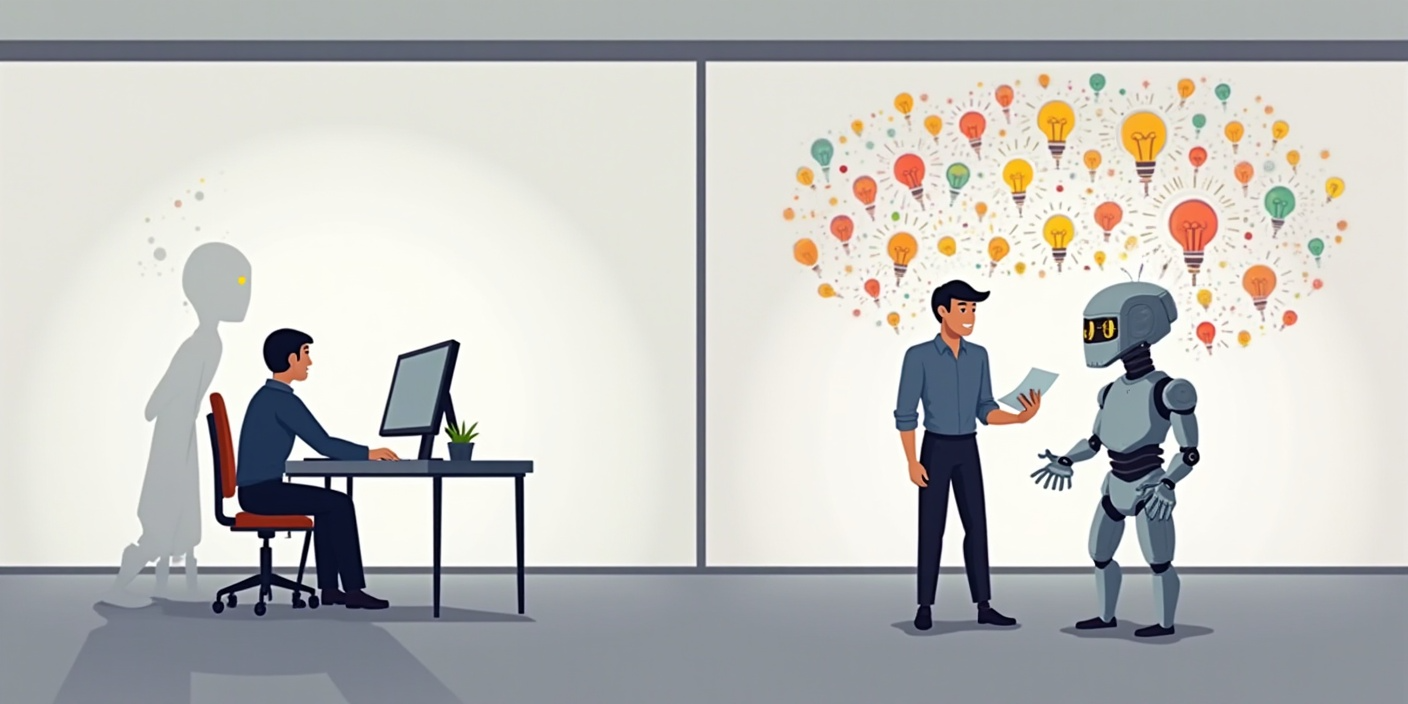News
1. ChatGPT goes multimodal and has access to the Internet
OpenAI is introducing voice and image capabilities to ChatGPT, enabling users to have voice conversations with the AI and share images for various tasks, such as troubleshooting or analysis. This rollout is initially available to Plus and Enterprise users on iOS and Android, with the aim of expanding access to other user groups in the near future (OpenAI).
ChatGPT is now capable of accessing the internet to provide up-to-date and reliable information, accompanied by direct source references, thereby expanding its knowledge beyond September 2021 (OpenAI).
2. Amazon invests in Anthropic
Amazon will invest up to $4 billion in Anthropic. Anthropic will have access to Amazon’s data centers, cloud-computing platform and A.I. chips (New York Times).
3. AI translates podcasts in the same voice
Spotify is testing AI-based translation of podcasts that imitates the podcaster’s own voice (Yahoo).
4. Meta adds new AI capabilities
Meta introduced 28 personality chatbots featuring famous celebrities, athletes, and more, available across Instagram, Messenger, and WhatsApp. They also announced Meta Quest 3, Ray-Ban smart glasses with livestream capabilities, AI Studio for business chatbot creation, AI-generated stickers, and an AI image editing feature, all powered by Meta’s Llama 2 open-access AI models (Meta).
5. A new method for conducting preclinical studies
A new preclinical trial method for stroke treatments eliminated 5 out of 6 potential drugs despite prior evidence they worked in animals, showing the approach’s promise for improving translational research which often fails to replicate animal study results in human trials. The method brings clinical trial rigor like randomization and analysis thresholds to animal studies, saving money and time, but further refinements could maximize its impact (FierceBiotech).
6. A light-triggered 3D printing method
Researchers have developed a method for 3D printing using concentrated nanocrystal solutions without the need for polymer binders. They achieved this by coating nanoparticles with ligands and using two-photon irradiation to create covalent bonds between adjacent nanoparticles, enabling the creation of precise 3D structures at the micrometer scale without altering the properties of the nanocrystals (Science).
7. Some neurons are linked to protection against dementia
Scientists have identified two types of brain cells associated with a reduced risk of dementia, even in individuals with Alzheimer’s disease-related brain abnormalities. These cells, one related to the protein reelin and the other to somatostatin, appear to protect the brain from Alzheimer’s symptoms (Nature).
Articles
1. Elon Musk wants more bandwidth between people and machines (MIT Tech Review)
Elon Musk’s recent post discussed Neuralink’s announcement of seeking volunteers for its N1 brain implant with 1,024 electrodes, aiming to enable people with ALS or spinal cord injuries to control devices through thought. While Musk’s vision of greatly increasing human “bandwidth” through brain implants for direct communication between individuals may be unrealistic, it holds promise in facilitating new forms of thought transfer and understanding emotions.
2. Can AI predict who will win a Nobel Prize (Nature)
AI chatbots like ChatGPT and Claude currently struggle to predict Nobel Prize winners, but they have the potential to become powerful prediction tools with modifications and training on relevant data. In the future, AI-driven analyses might lead to new awards that recognize research in less-biased ways, complementing traditional human committee perspectives.







